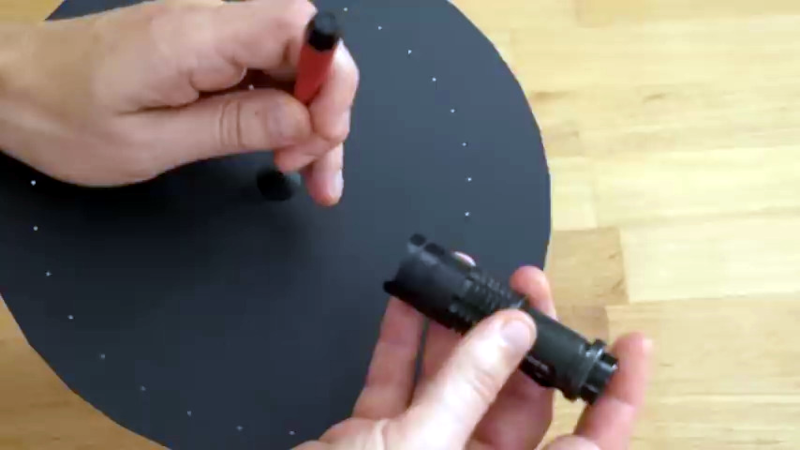
Before flat screen technologies took over, we associate TV with the CRT. But there were other display technologies that worked, they just weren’t as practical. One scheme was the Nipkow disk, and [Bitluni] decided to build of how such a system works.
Essentially, there’s a spinning disk with a spiral pattern of holes in it. As the disk spins, a light behind it turns on or off. If you time everything right, you get an image that can move.
This particular model uses stepper motors, which is a bit of a modern concession. The result was actually much better than you might guess, but a far cry from a modern display device, of course. The screen material needed a little tweaking, but even the initial results were very impressive.
If this were trying to be practical, it would probably require a bit more work on the light source and screen. Interestingly, the Nipkow disk arrangement was just as suitable for scanning as displaying. Instead of a light behind the wheel, you simply used a light sensor.
Of course, in practice, getting everything synchronized and mass-producing high-resolution sets would have been a tremendous challenge a century ago. Not that people didn’t try. There were even .
In the 1930s, people were sure your TV would ..














